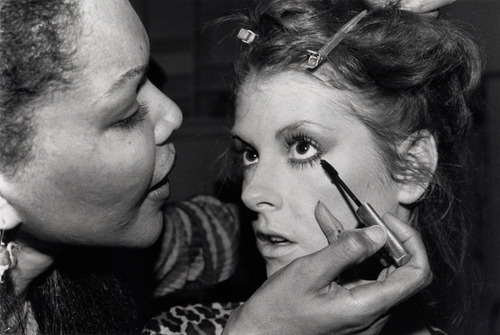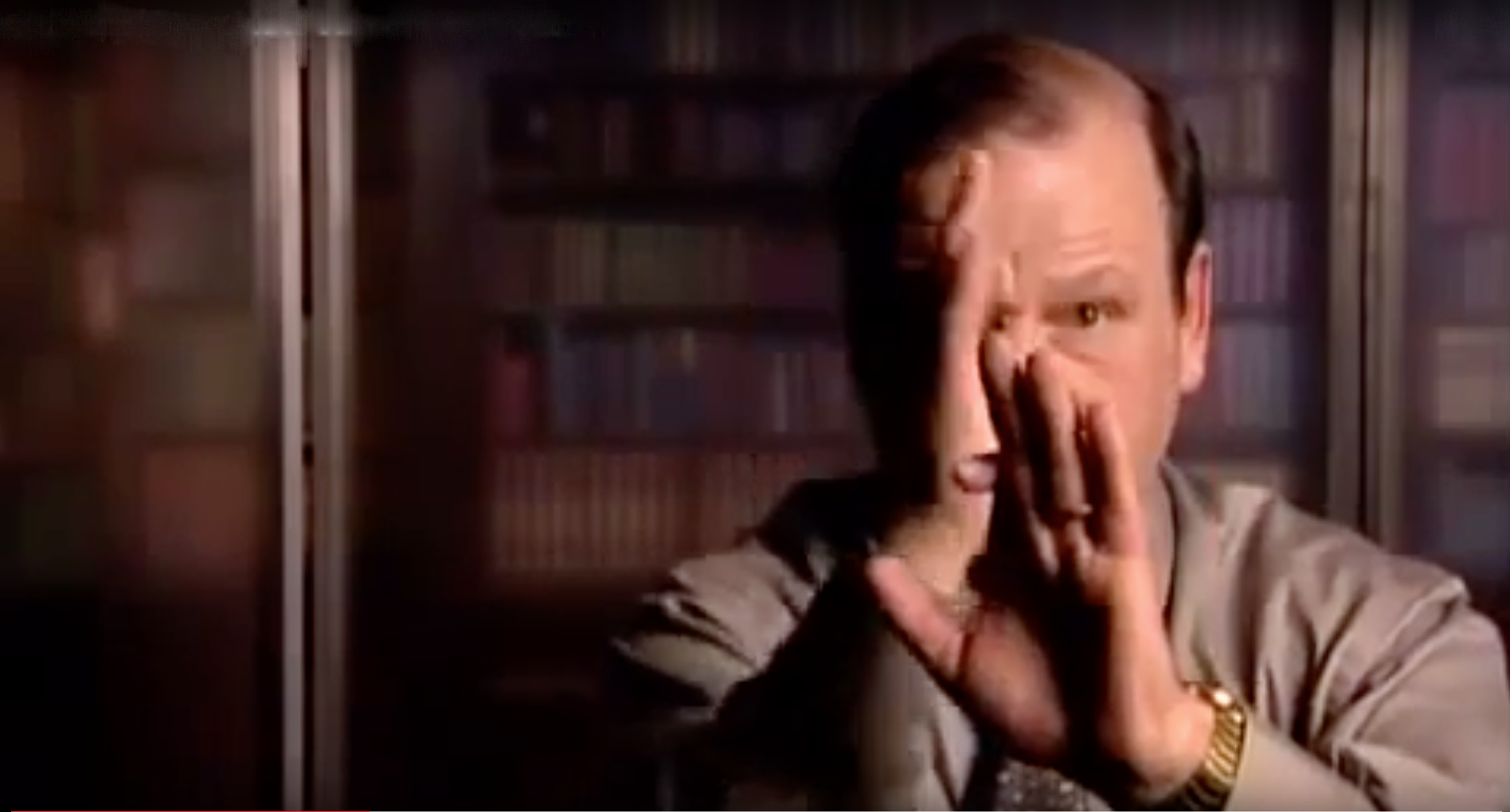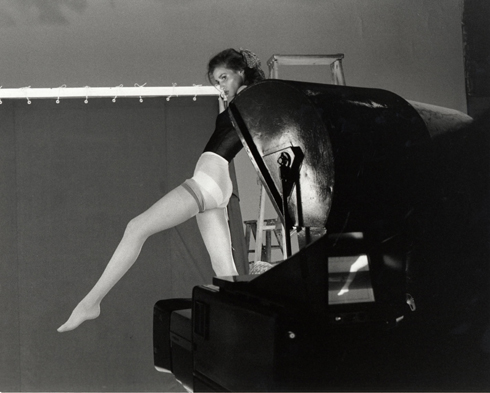Every day, it seems like there's more and more being written about fewer films. The internet is an endless expanse of opinioneering, but every writer seems to be working from the same limited Rolodex.
You might not know it from the 100th article you'll see this week about Hollywood in the 70's or Quentin Taratino's exploitation cinema influences, but there's a whole universe of movies out there - every now and then The Pink Smoke will be recommending a pair of films that despite their virtues rarely seem to get dredged up from the bottomlessly shallow internet morass.
{the RARELY RECOMMENDED index}
If you like: detailed descriptions of what happens during a plane crash, honest-to-God decent human beings, miracles.
Later in the run of Errol Morris’ short-lived IFC t.v. show First Person, the format switched from breezy 25 minute long episodes to hour-long programs that nearly rival the documentarian’s feature films in terms of scope and density. A handful of these “mini-features” are as good as anything he’s ever made and deserve to be mentioned in the same breath with at very least Vernon, Florida (another one of Morris’ not-quite-full-length-features.) A pair of them, One in a Million Trillion and The Smartest Man in the Word deal with the filmmaker's interest in the difficulties of measuring and describing human intelligence - they fit in alongside Mr. Death, The Fog of War and The Unknown Known in their prickly, hilarious depictions of brain-power-fueled self-deception.
The best of the longer episodes, Leaving the Earth, is the rarest kind of Morris film: one filled with awe and respect for its central subject. There are few analogs to it in a catalogue notable for its enthusiasm for despicable and bizarre human beings - even A Brief History of Time frequently takes a wry approach to its collection of physics geniuses while Fast, Cheap and Out of Control strikes a pose of distanced fascination with its experts in weirdly specialized fields. The story of pilot Denny Fitch (reasonably) seems to have left Morris’ jaw on the floor, agape with an awed respect.
Like Tabloid and The Thin Blue Line, it’s a stunning story filled with gasp-inducing turns so I hesitate to offer a meaningful summary. I’ll only say that it’s a film I’ve seen a dozen times and each time I am left in tears. If you’re interested in experiencing a Morris documentary that could be described as “an earnest, humorless and beautiful ode to human resourcefulness and bravery” this is the one. It’s probably the only damn one.
If you like: not particularly chic late 70’s fashion, dopey New York artists, proof that even the most glamorous jobs are soul-crushingly tedious, Andy Warhol making people uncomfortable.
The terror of Frederick Wiseman’s cinema is in demonstrating how the overwhelming majority of human work contains bottomless tedium. That might not be so surprising in the context of a meat-packing plant, but a tedium so dense it can swallow the glamor of the New York fashion industry? That's the Wiseman special. A model licks a Q-tip for a make-up artist as he painstakingly attempts to apply eye-shadow to the inside of her eye-lid. A blue-screen special effects artist over and over corrects the position of a model’s leg by a matter of inches. An agent delivers a routine of dismissals thinly-veiled as constructive criticism to a stream of aspiring models. You might imagine a photo-shoot with two sexy yuppies, billion-dollar designer watches, a slick sports car and a hovering helicopter to be a thrilling affair, but it’s little more than morass of miscommunication and endless re-correction of chaotic minutiae.
The magic of Wiseman’s tedium is that it’s so engrossing - not only that, these films are funny. Once again focusing on an institution (the modeling agency Zoli) and once again devoting a large chunk of its running time to following a single process of the institution from soup to nuts (the production of a moronic stocking commercial), a description of what Wiseman is doing as an artist once again interferes with conveying how much fun Model is. (Especially if you’re going to acknowledge its prominent despairing existential elements. Which you should! They're a big part of it.) When a cocky-looking male model blandly states, “I never think about anything” before realizing there’s a camera capturing his statement, you can’t help but laugh in sympathy at the truth and shamefulness of the whole scene. With typical Wiseman genius, Model generates an incredible sense of identification with everyone on-screen without bothering to make anyone particularly likable. It’s a deeply critical film without a judgmental bone in its body - explain that.
Also, if you’re interested in that sort of thing, Andy Warhol has an extended cameo where he oversees the filming of a couple of interviews with male models (one in his tighty-whities in a shower) that rivals Godard’s grilling of a beauty pageant winner in Masculin/Feminin about Vietnam policy for sheer pointless, smug dick-headedness. Warhol seems to have no sympathy that existence is hard even for those in the business of beauty - fortunately, Wiseman sees humanity everywhere he looks.
~ MAY 22, 2017 ~




